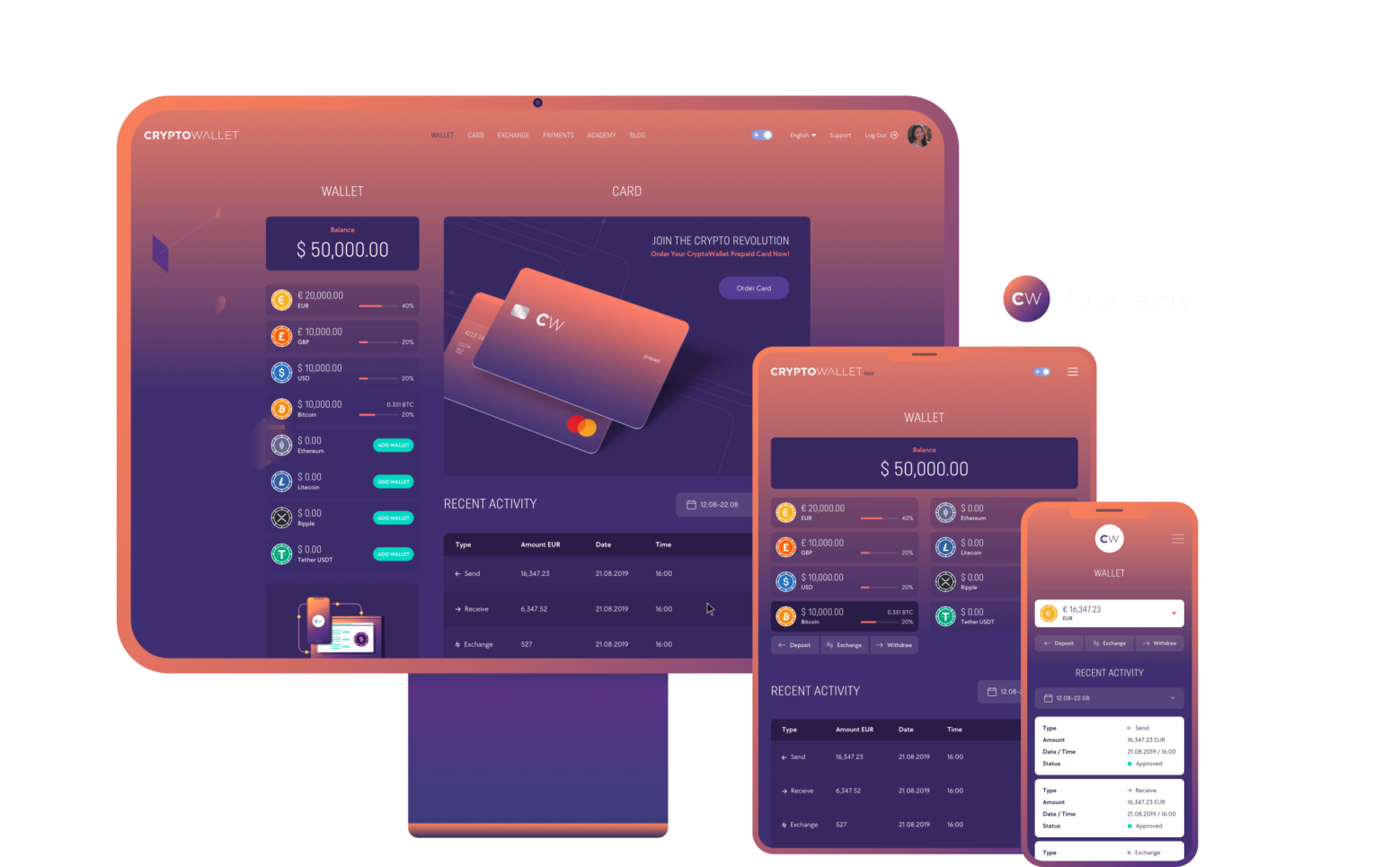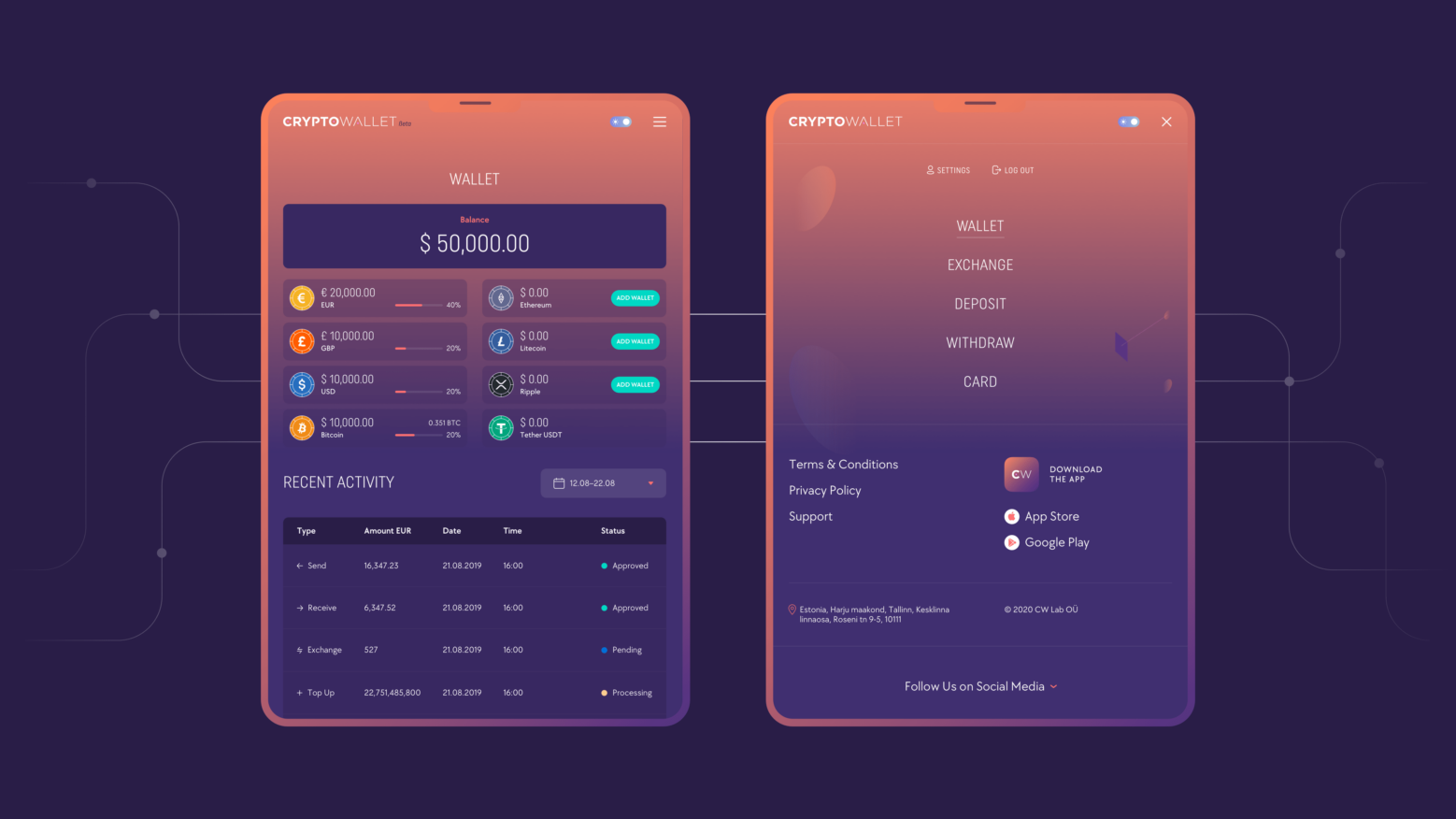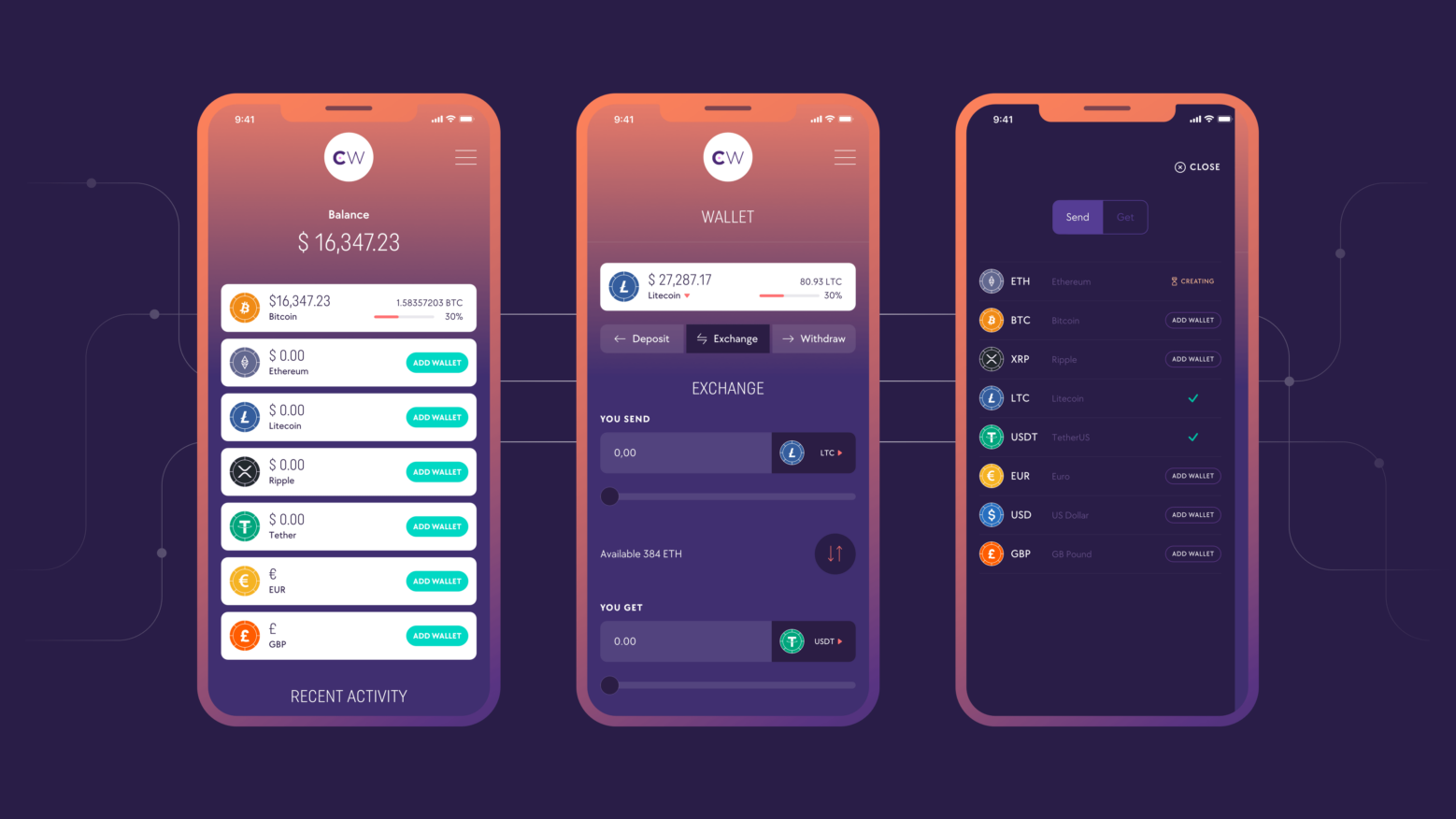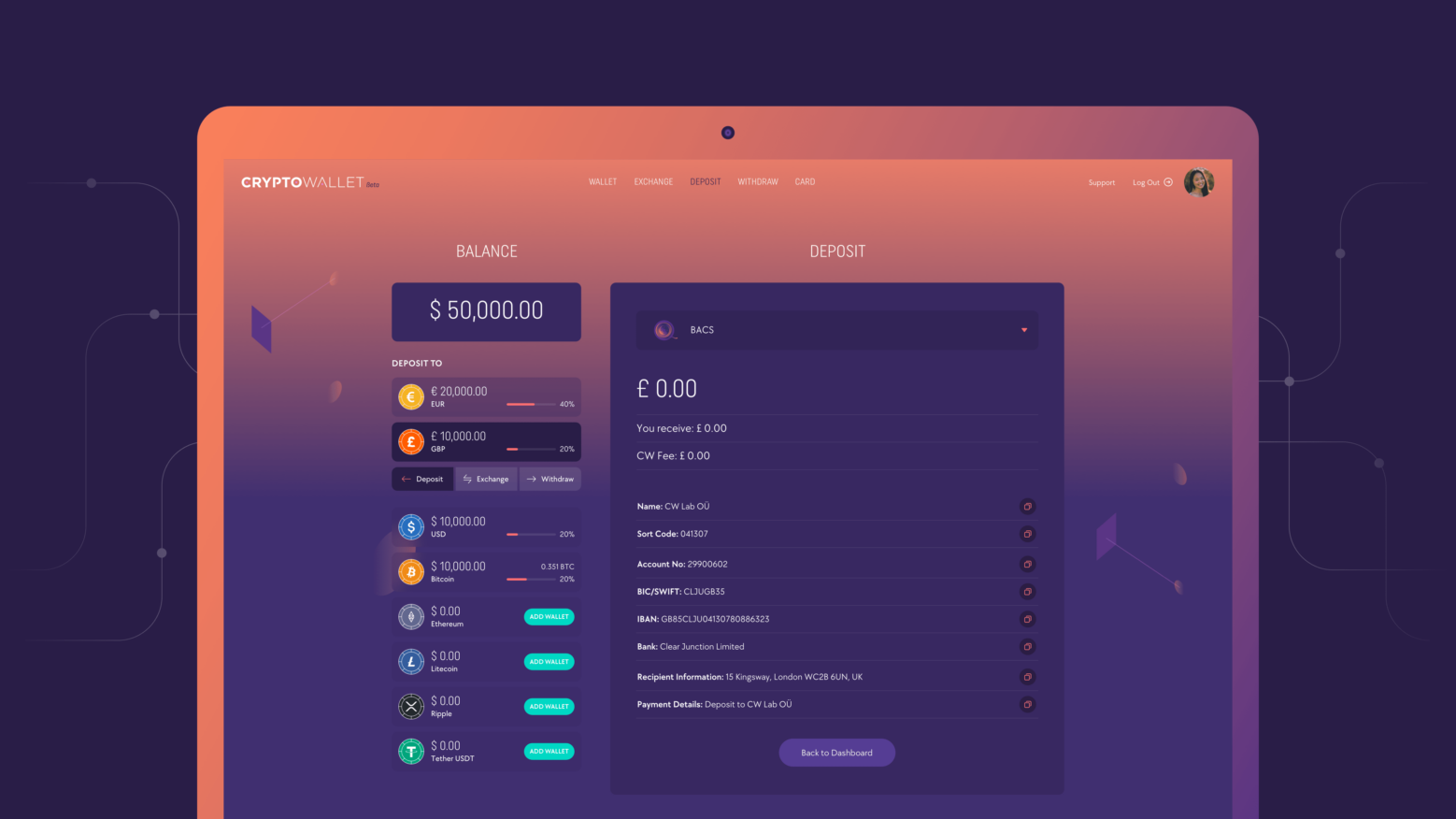How to Sell Crypto in the Netherlands in 2022
Selling crypto in the Netherlands? Exciting stuff! Before you get started, there are a few key points you need to know.
As with many European Union member states, the Netherlands has somewhat strict regulations on cryptocurrency and the trading of cryptocurrency in general.
Although the Dutch Finance Ministry is taking the “supervision over absolute ban” outlook on the cryptocurrency market, crypto service providers and Dutch customers owning crypto assets altogether, any crypto company and crypto investors operating out of the Netherlands would need to pay attention to some of these regulations to set reasonable expectations before investing large amounts of money.
How to Sell Crypto in the Netherlands
Today, we’ll take a look at some of the regulations, what the tax authorities expect of crypto investors or any virtual currency trading company, and just how you may sell your crypto & Bitcoin in the Netherlands.
How to Sell Bitcoin and other Cryptocurrencies in the Netherlands
Cryptocurrencies such as Bitcoin and Ethereum can be sold via reputable crypto exchanges, peer-to-peer (P2P) platforms, and any Bitcoin ATM that supports cash withdrawal. A key selling point to look out for when trying to sell your digital assets will be platforms that support cryptocurrency to euros conversion (i.e BTC/EUR pairing).
Binance – one of the popular exchanges in the crypto market – have recently suspended euro deposits on its platform having faced a new regulatory crackdown, withdrawals in euros, however, are still permitted and some popular exchanges operating in the Netherlands support converting your cryptocurrency into euros as well.
The Netherlands New Crypto Regulations
In a bid to minimize the market risk associated with cryptocurrencies for dutch customers as well as consolidate its anti-money laundering practices, the Dutch government published new laws targeting crypto exchanges and wallet providers.
The new crypto regulations enforced in late 2020 by the DNB (the Dutch central bank) imposed additional registration and verification requirements on crypto exchanges and wallet providers in the country.
However, following Bitonic’s (a dutch digital coins exchange platform) legal action against the central bank and these registration requirements, the DNB has acknowledged its wrongfulness in imposing the intensive verification requirements and considers the dutch company’s concerns justified.
In light of this, the national authorities have updated their statement and are expected to further review its regulations.
Taxation of Cryptocurrencies in the Netherlands
Although Bitcoins and other cryptocurrencies are not considered legal tender in Netherland, they are taxed depending on three main factors and the tax authorities expect that you declare crypto assets in your annual Dutch tax return.
How you may declare your digital currency, and just how much is taxed depends on the owner and the usage of the crypto. For example, a Dutch BV (private limited liability company) purchased or mined is considered the company’s capital, and its earnings on such crypto assets are considered taxable profit.
Crypto Capital Gains Tax in the Netherlands
In the Netherlands you do not have to pay any capital gains tax on crypto, however, you may have to pay a ‘wealth tax’, also called Vermogensbelasting, past a certain threshold. This kind of tax system can seem a little confusing at times, so let’s try to break it down a bit.
The Netherlands classifies cryptocurrency as an asset, not as property. As such, cryptocurrency is taken into account when considering the wealth tax of your total assets, and if exceeding the threshold of 50,000 euros, then you will have to pay a rate of 31%. This increases when entering different levels of total assets. This tax is exacted via the accounted yield of all your assets, both crypto, and non-crypto, at a fixed percentage. Irrelevant to your actual income.
This makes the Netherlands’ approach to crypto different from some other EU nations, in which they view crypto as property, and as such its levied tax is only applicable after you’ve sold it.
Crypto taxation in the Netherlands can be broken into different categories, each of which will require its own consideration and analysis and a detailed breakdown of this system can be found here.
The Best Exchanges to Sell Crypto in the Netherlands
1 CryptoWallet.com #1 Recommended


ryptoWallet offers the ability to buy, sell and hold cryptos in a secure exchange wallet with a unique feature that supports spending your crypto on the go, either as payment to online service providers or simply withdrawing it as cash from a Bitcoin ATM via a bank card in real-time.
- Best for: Using crypto as real money, earning passive income
- Cryptocurrencies: BTC, ETH, LTC, XRP and USDT
- Fees: Fees vary based on trading activity
- Rating: 5 star



2 eToro

This platform plans to open up the financial market to everyone, offering alongside its crypto exchange services, CFD Trading, stocks and ETFs, and integrated trading view to aid advanced investors gain market insights in real-time.
- Best for: Copy-trading feature
- Cryptocurrencies: Bitcoin, Ethereum and 15 other coins
- Fees: Makers – 0.75%, Takers – 0.75%
- Rating: 5 star
3 Bitpanda

Bitpanda has a majority of its market in the Eurozone and offers a wide range of fiat payment methods.
- Best for: Cryptocurrency purchases as well as precious metals
- Cryptocurrencies: Bitcoin, Ethereum, Litecoin and 70+ other altcoins
- Fees: Makers – up to 0.1%, Takers – up to 0.15%
- Rating: 5 star
4 Coinbase

Coinbase is the largest US-Based crypto exchange offering custodial services and its own stable coin known as USDC. Fees are above average market rates.
- Best for: High liquidity and convenience
- Cryptocurrencies: Over 50 cryptocurrencies including Bitcoin, Ethereum, Bitcoin Cash and Litecoin
- Fees: Makers – 0.5%, Takers – 0.5%
- Rating: 4 star
5 Coinmama

A brokerage service that supports crypto purchases via credit card purchases, SEPA transfers and Apple pay.
- Best for: Non-custodial crypto services and diverse payment methods
- Cryptocurrencies: Bitcoin, Ethereum, Cardano and 7 others
- Fees: Makers – 5.5%, Takers – 5.5%
- Rating: 3 star
6 Bity

Bity is a cryptocurrency broker and fiat currency exchange platform that allows you to buy, sell and exchange different currencies.
- Best for: Very simple trading platform for beginners
- Cryptocurrencies: Cryptocurrencies: BTC, ETH, LTC and XMR
- Fees: Fees vary based on trading activity, and tend to be above average
- Rating: 4 star
7 Bitonic

One of the earliest exchanges in the world and the first founded in the Netherlands, Bitonic prides itself on its security.
- Best for: Local Bitcoin trading
- Cryptocurrencies: Bitcoin
- Fees: Makers: 0.60%, Takers: 0.60%
- Rating: 3 star
8 Bitstamp

Bitstamp is known primarily for its interactive trading platform, consisting of relevant trading options aiding users with crypto price prediction.
- Best for: A wide range of fiat payment methods
- Cryptocurrencies: 31 cryptocurrencies including BTC, BCH, XRP and USDT
- Fees: Fees vary based on trading activity
- Rating: 3 star
9 Bitfinex

Operating out of the British Virgin Islands, Bitfinex offers a wide range of market/cryptocurrency pairs and offers a customizable interface.
- Best for: Spot and Margin trading activities and low fees
- Cryptocurrencies: 120+ listed cryptocurrencies including BTC
- Fees: Makers: 0.1%, Takers: 0.2%
- Rating: 4 star
Selling Crypto in the Netherlands FAQs
Is cryptocurrency legal in the Netherlands?
While it is true that the Dutch Central Bank has issued various warnings about cryptocurrency, specifically in regards to the prevalence of scams in certain parts of the ecosystem and the risks associated with the volatility of the market, cryptocurrencies are perfectly legal in the Netherlands.
As it stands you can buy and trade cryptocurrencies throughout the Netherlands as there are no specific laws or regulations that prohibit such actions. However, it is important to note that cryptocurrency is not recognized as a digital currency and as such, distinctly falls into the category of an asset for legal purposes.
The Netherlands is considered by some to be quite crypto positive, adopting an early stance of interaction and development with the emerging technology. This kind of proactive engagement is exemplified by The Dutch Ministry of Economic Affairs and Climate Policy creating a research agenda into the technology and its implementation as early as 2018.
Early research and adoption such as this allow for legislative branches to grow alongside blockchain technologies, rather than becoming overly reactive and creating misinformed policing that can lead to problems for both the market and the authorities in the future.
How much tax do I pay for having Cryptocurrency in the Netherlands?
Crypto is usually taxed at a rate of 30%.
However, the tax rules differ depending on the crypto activity. For example, crypto firms would have their capital gains taxed as “income” which operates in a different Dutch tax bracket from when being taxed as “wealth” as with retail investors and traders.
Where Can I find a Bitcoin ATM in the Netherlands?
Platforms like CoinATMRadar offer tracking services for any Bitcoin ATM available around you.